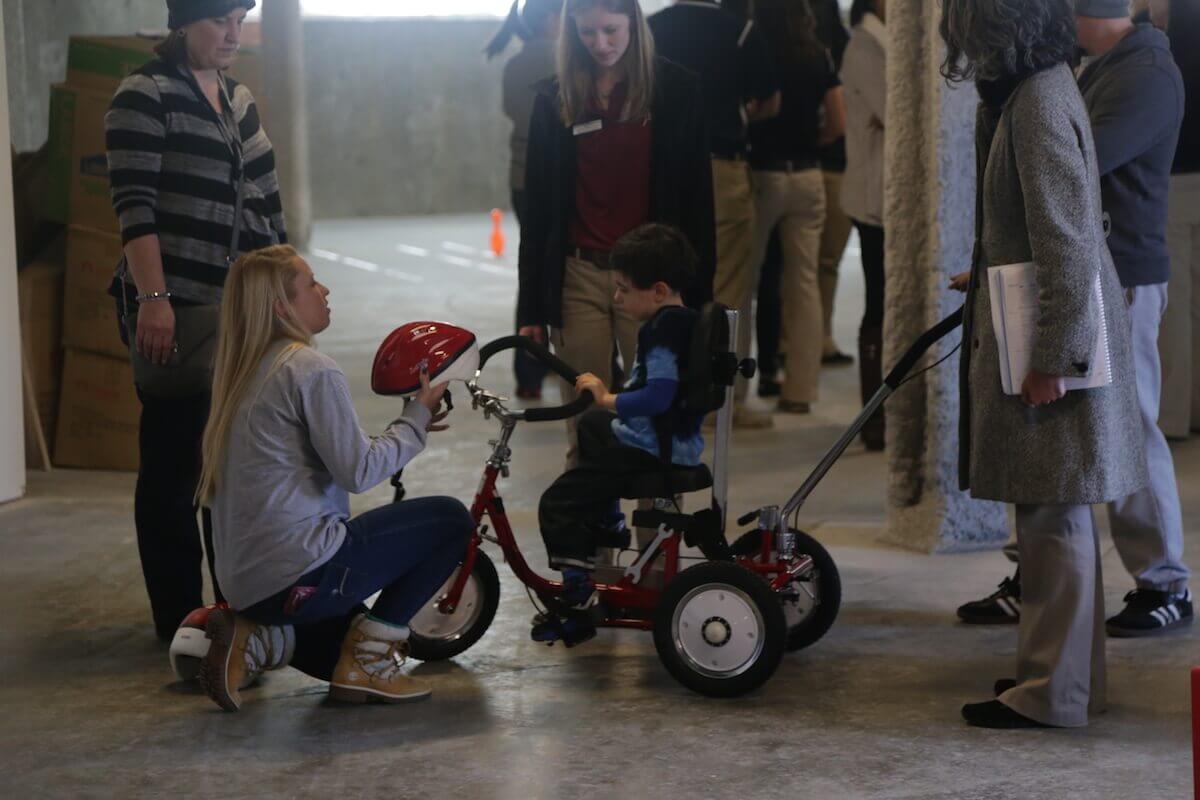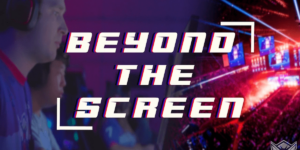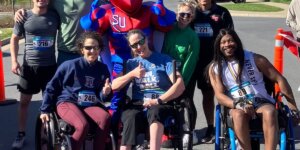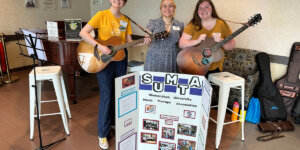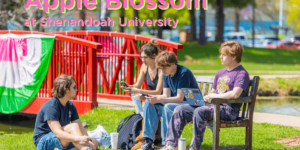Shenandoah University’s divisions of physical therapy (PT) and occupational therapy (OT) have partnered to bring an AmTryke Road Show to the Winchester area from 10 a.m. to noon on Saturday, April 2. This is a free opportunity for children with special needs to try out a variety of adaptive tricycles.
“It can be challenging for children with special needs to acquire medically necessary equipment, much less a piece of equipment for their leisure,” said Assistant Professor of Occupational Therapy Bonnie Riley, O.T.D. “An adaptive tricycle offers the opportunity for children with special needs to engage in recreation activities with their peers and family members, while promoting their overall physical and psychological health.”
At the event, each child will have the opportunity to ride several adaptive tricycles and will be measured and fitted by a team of students from the Shenandoah University PT and OT programs in order to determine the adaptive tricycle that will best meet their needs.
Interested individuals should call (540) 535-3471 for an assigned time slot (in order to prevent extended wait times). The event will be held on Shenandoah University’s main campus in Parking Lot E, below the Health & Life Sciences Building (HLSB). In the event of inclement weather, the AmTryke Road Show will be held in the basement of HLSB.
Special thanks to the American Woodmark Foundation for providing support for the AmTryke Road Show event. For more information about the event, contact Dr. Bonnie Riley at briley@su.edu.
Those who would like information on how to acquire funding for an adaptive tricycle should contact AMBUCS, a nationwide organization that works to provide AmTryke adaptive tricycles to individuals unable to operate a traditional bike.
Students in Shenandoah’s PT and OT programs are launching a Northern Shenandoah Valley AMBUCS chapter, so keep an eye out on the AMBUCS website in the next few months to obtain contact information and events for this new local chapter.
AMBUCS fulfills its goal of “Creating Mobility and Independence for People with Disabilities” by working through local chapters. These chapters work to fundraise in order to provide free and low-cost adaptive tricycles to children who are unable to use traditional bicycles or tricycles. They also work to fit children with tricycles and determine the appropriate adaptations.
For more information on acquiring funding for an adaptive tricycle, visit ambucs.org.
